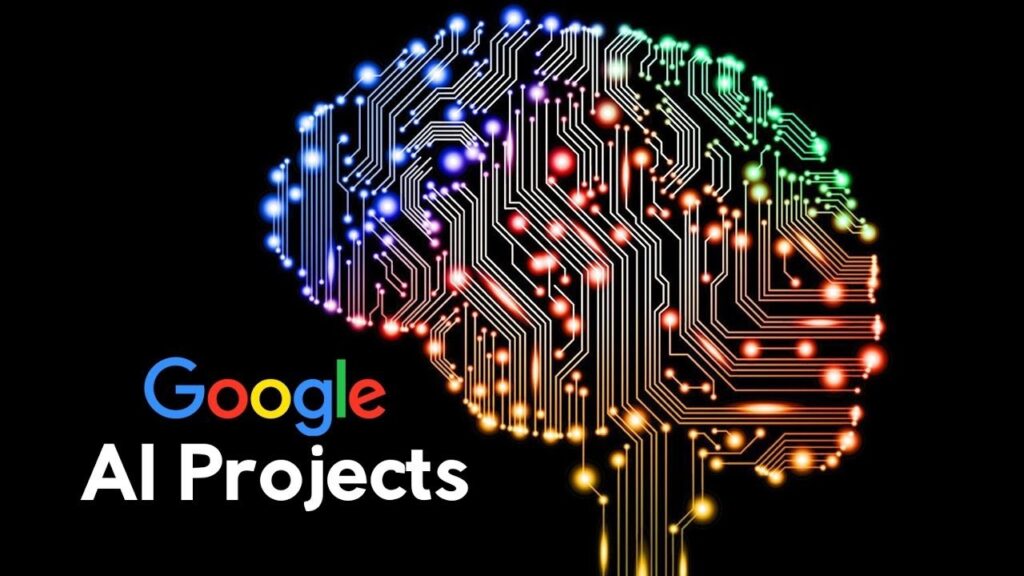As artificial intelligence (AI) continues to reshape industries and economies, Alphabet’s Google is positioning itself as a key player in shaping public perception and policy around this transformative technology. Facing unprecedented regulatory challenges and fierce competition from rivals like Microsoft-backed OpenAI and Meta, Google is doubling down on workforce education and public-private partnerships to navigate the AI landscape.
Google is no stranger to regulatory scrutiny. From antitrust lawsuits in the U.S. to concessions in the European Union, the tech giant is under pressure to address concerns over its dominance in advertising, search, and now, AI. In the EU, Google has offered to sell part of its ad tech business to appease regulators, while in the U.S., the Department of Justice (DOJ) has sought to limit its AI advancements as part of a broader antitrust case.
The EU’s AI Act, which aims to assess risks and require disclosures from general-purpose AI systems, has drawn pushback from tech giants wary of multibillion-dollar fines. Meanwhile, governments worldwide are grappling with how to regulate AI’s impact on issues like copyright, privacy, and employment.
“Getting more people and organizations, including governments, familiar with AI and using AI tools makes for better AI policy and opens up new opportunities—it’s a virtuous cycle,” said Kent Walker, Alphabet’s president of global affairs.
Workforce Training: A Key Priority
As fears of AI-driven job displacement grow, Google is investing heavily in workforce education. In September 2023, CEO Sundar Pichai announced a $120 million fund to build AI education programs. These initiatives aim to equip workers with skills in data analysis, IT support, and other technical fields, ensuring they remain competitive in an AI-driven economy.
One of Google’s flagship programs, Grow with Google, has already certified 1 million participants. The program, which combines online and in-person training, is expanding to include specialized AI courses, such as one tailored for educators.
“Courses alone are not enough to prepare workers,” Walker emphasized. “What really matters is if you have some sort of objective that people are working towards, like a credential that they can use to apply for a job.”
Google is also experimenting with public-private partnerships to address workforce challenges. A leading example is the Skilled Trades and Readiness program, which collaborates with community colleges to train workers for jobs in data center construction. AI education is being integrated into the curriculum, reflecting the company’s long-term vision.
“Ultimately, the federal government will look and see which proofs of concept are playing out—which of the green shoots are taking root,” Walker said. “If we can help fertilize that effort, that’s our role.”
The Future of Work: AI as a Complement, Not a Replacement
While concerns about AI displacing jobs persist, Google executives and experts argue that the technology will likely complement rather than replace human labor. Studies commissioned by Google, Goldman Sachs, and McKinsey suggest that AI will be integrated into most jobs in some capacity, creating new opportunities while transforming existing roles.
To better understand these dynamics, Google hired economist David Autor as a visiting fellow. Autor believes AI could revolutionize workforce training, creating immersive programs akin to flight simulators.
“The history of adult retraining is not particularly glorious,” Autor said. “Adults don’t want to go back to class. Classroom training is not going to be the solution to a lot of retraining.”
As Google navigates the dual challenges of regulatory scrutiny and technological innovation, its focus on education and collaboration underscores a broader commitment to shaping the AI narrative. By investing in workforce training and fostering public-private partnerships, the company aims to mitigate fears of job displacement while positioning itself as a leader in responsible AI development.
The road ahead is fraught with challenges, but Google’s efforts reflect a proactive approach to addressing the societal implications of AI. As Walker aptly put it, “If we can help fertilize that effort, that’s our role.”



